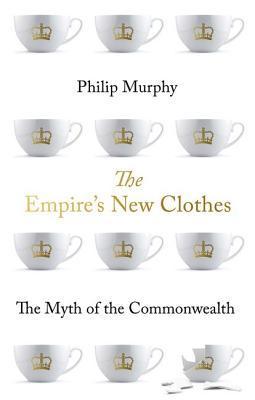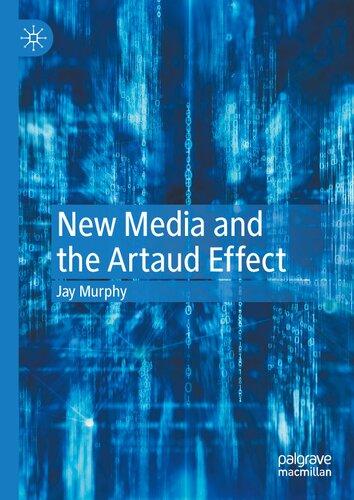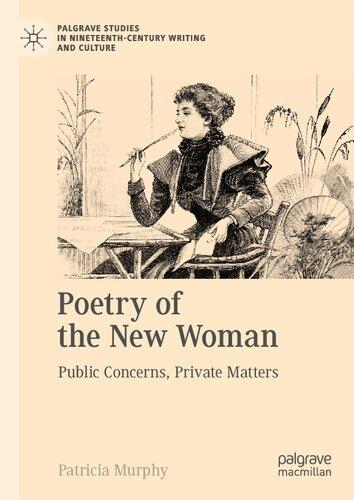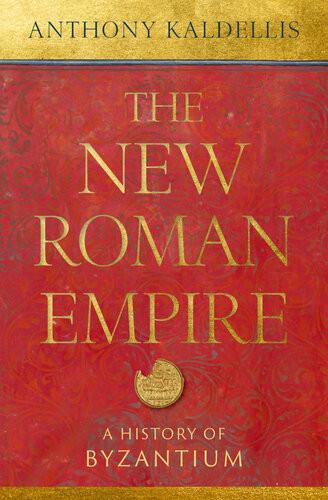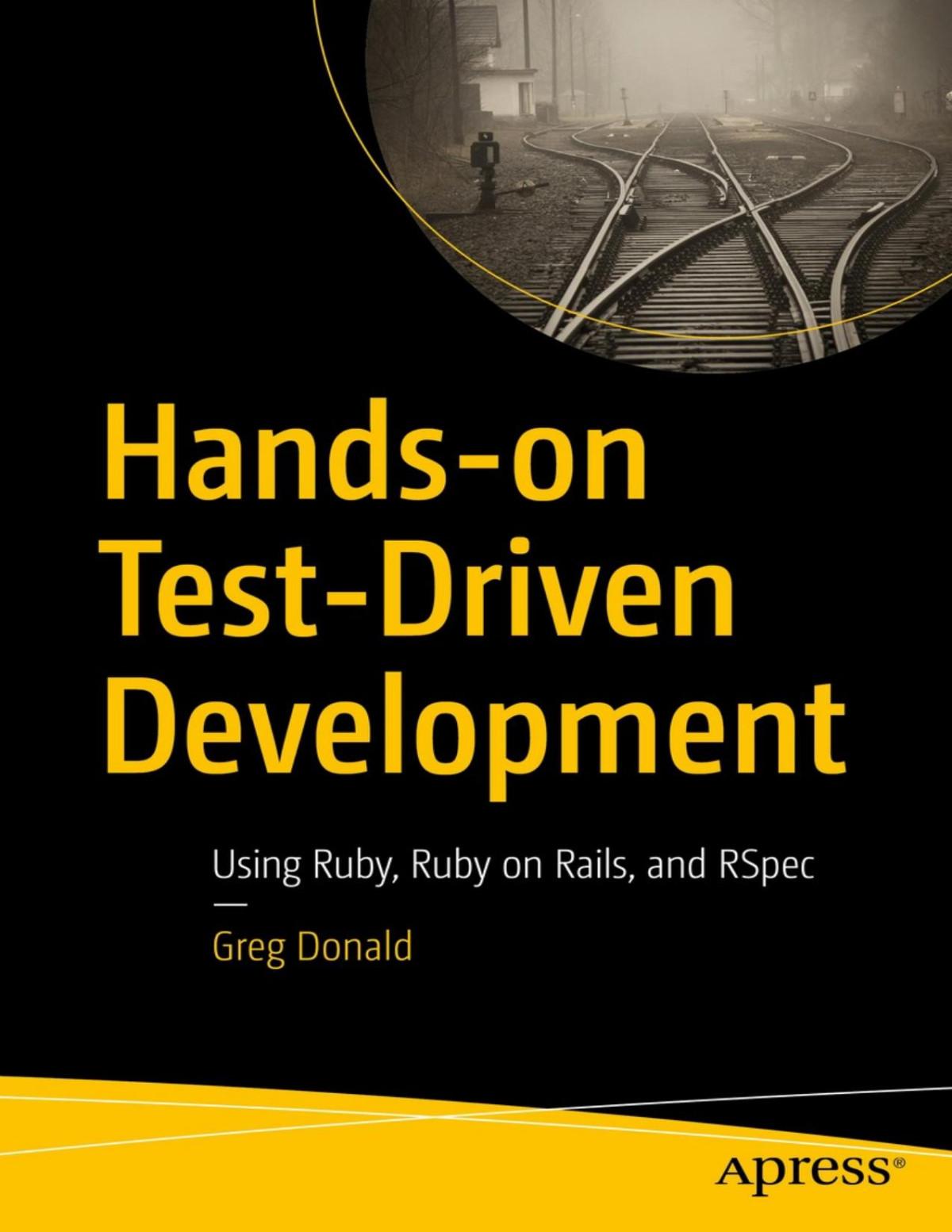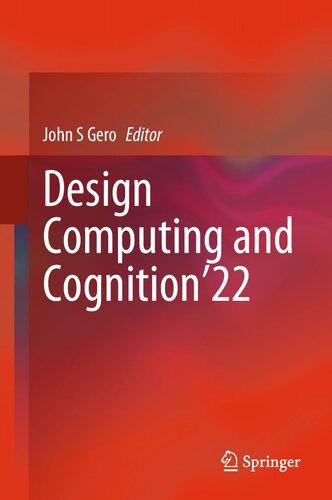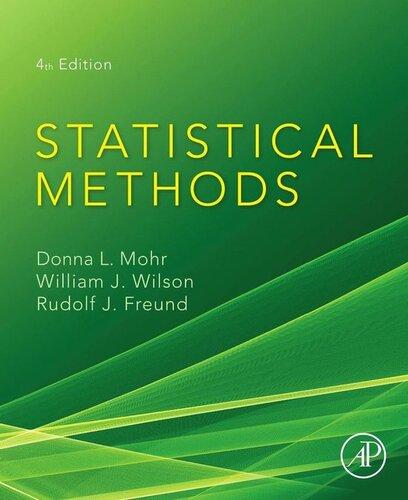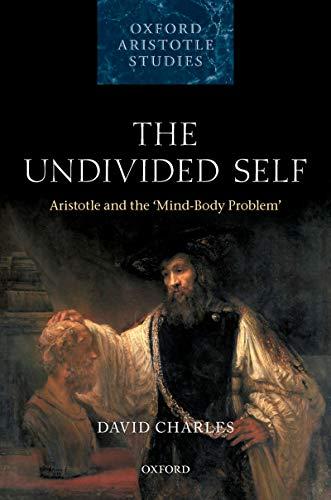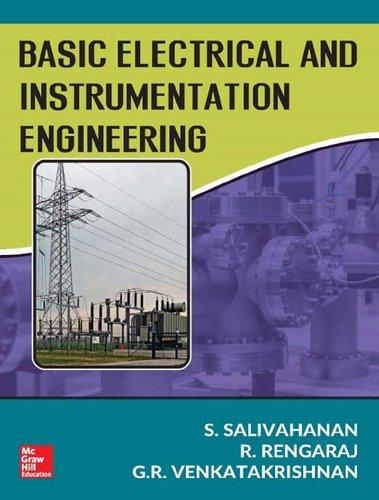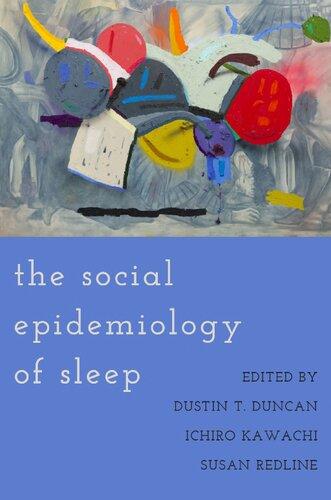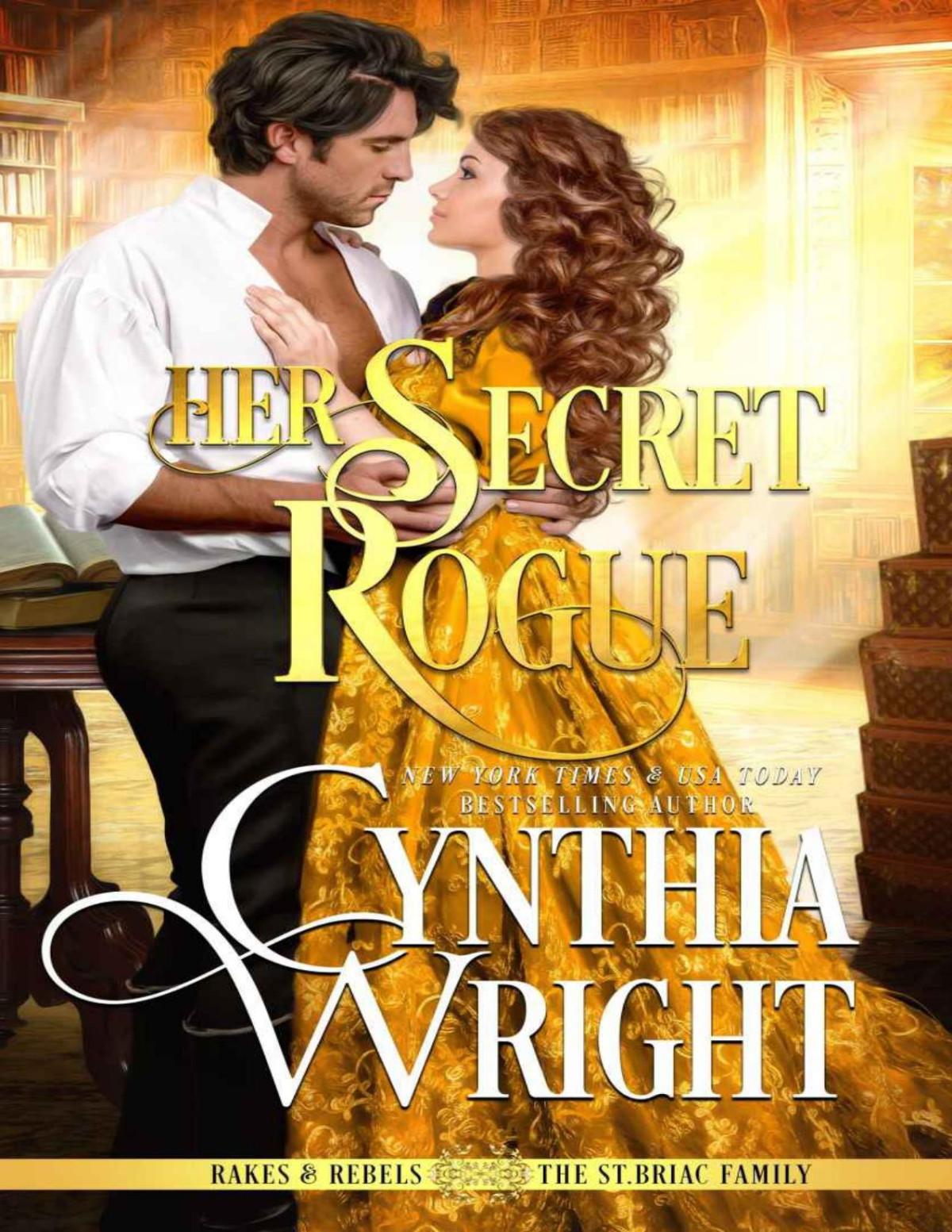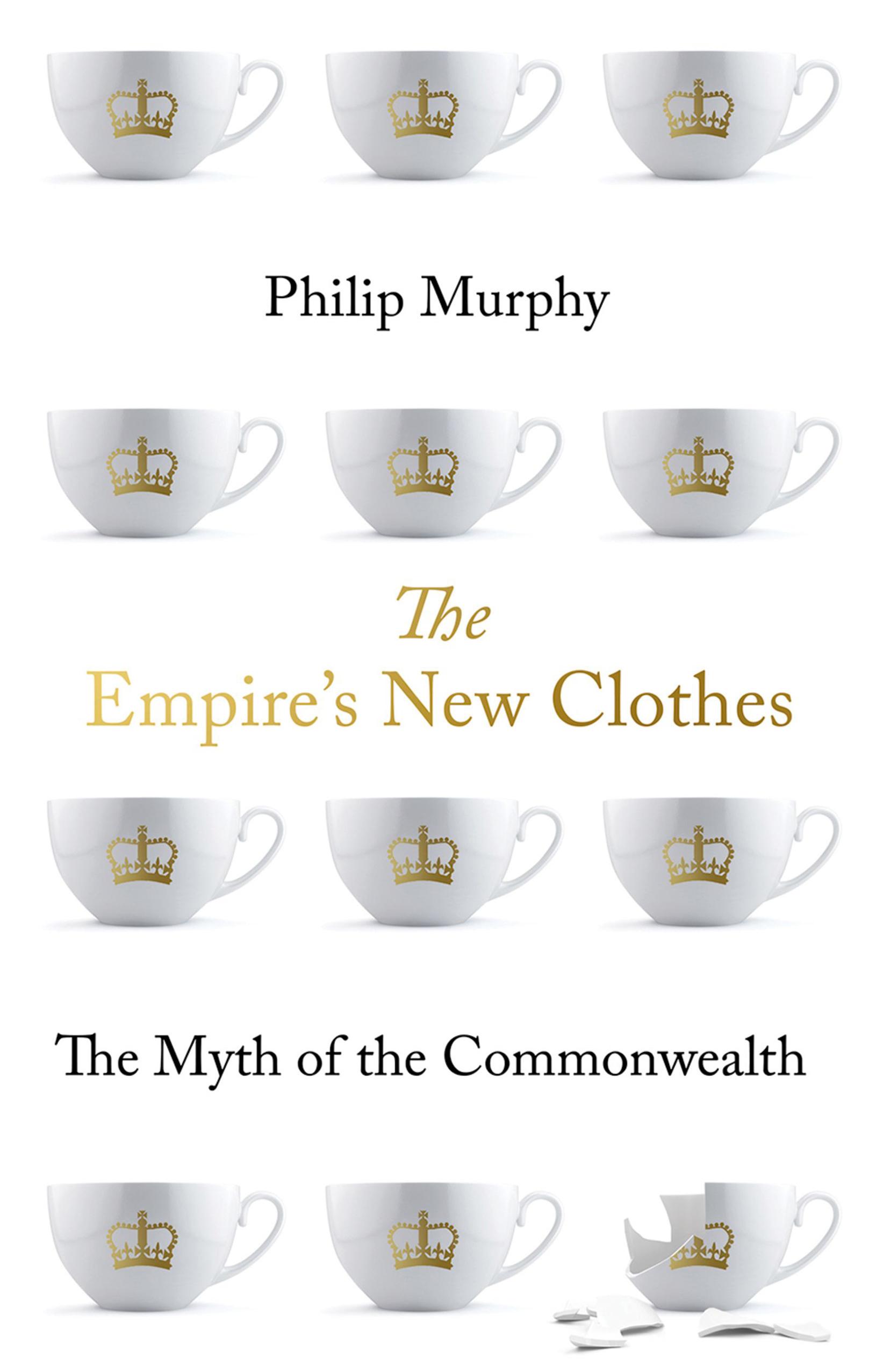1
Oxford University Press is a department of the University of Oxford. It furthers the University’s objective of excellence in research, scholarship, and education by publishing worldwide. Oxford is a registered trade mark of Oxford University Press in the UK and certain other countries.
Published in the United States of America by Oxford University Press 198 Madison Avenue, New York, NY 10016, United States of America.
© Oxford University Press 2018
All rights reserved. No part of this publication may be reproduced, stored in a retrieval system, or transmitted, in any form or by any means, without the prior permission in writing of Oxford University Press, or as expressly permitted by law, by license, or under terms agreed with the appropriate reproduction rights organization. Inquiries concerning reproduction outside the scope of the above should be sent to the Rights Department, Oxford University Press, at the address above.
You must not circulate this work in any other form and you must impose this same condition on any acquirer.
Library of Congress Cataloging-in-Publication Data
Names: Philip Murphy
Title: The Empire’s New Clothes: The Myth of the Commonwealth / Philip Murphy.
Description: Oxford [UK]; New York: Oxford University Press, [2018]
ISBN 9780190911157 (print)
ISBN 9780190934781 (updf)
ISBN 9780190935009 (epub)
To my family
7. The
PREFACE
We are all familiar with the kind of news item that begins, ‘A major academic study has just found…’ It’s the sort of thing that always produces a warm glow among senior university administrators, regularly called upon to show their institution making an ‘impact’ in wider society. And, occasionally, it provides harmless amusement for everyone else. This generally occurs when the research findings appear to be things that one could easily intuit without the benefit of hundreds of thousands of pounds of Research Council funding: ‘eating yoghurt and fruit for breakfast produces better health results than waffles and cigarettes’; ‘owners of cats tend to have lower blood pressure than owners of Rottweilers’; ‘photocopiers really are more likely to break down when you’re in a hurry’.
The main argument of this book, which itself draws heavily on a fairly hefty piece of externally-funded academic research, risks provoking a similarly wry smile. It is, essentially, that the Commonwealth has lost almost all of the limited significance it once possessed, and has become something of a mirage in the field of British foreign policy. To which the informed reader might respond, “And?”, while the slightly less well-informed might confess, “I didn’t know the Commonwealth still existed”. Yet there are a number of reasons why this book still seemed worth writing. I began work on it shortly after the June 2016
referendum on British membership of the European Union. As we shall see, in this vote the issue of the Commonwealth was a significant although not pivotal one. Typical of the magical thinking surrounding the Leave campaign, it was sometimes suggested that the Commonwealth had the potential to represent, for a free-trading UK, an alternative market to the EU. And once the result was announced—a victory for Leave—even some Commonwealth enthusiasts who had remained relatively quiet in the run-up to the vote now announced that this was a wonderful opportunity for the UK to revive the organization.
Many of those who presented the contemporary Commonwealth as an alternative destination for British trade ahead of the referendum seemed to have only the vaguest sense of its reality. The lack of a really penetrating, critical analysis of the organization became painfully apparent, and at the risk of closing the stable door after the horse had bolted, I set out to write one. In any case, as the British prime minister prepares to become the Commonwealth’s chair-in-office following the April 2018 Commonwealth summit in London, the project remains timely. The gap in the literature about the Commonwealth is easy to explain. In the way of marginal organizations that attract devoted followers, it tends to be supporters who feel that it is actually worthy of study. A case in point is one of the most recent books, published in 2008 by Tim Shaw, a predecessor of mine as director of the Institute of Commonwealth Studies.1 Its political science approach is a veritable alphabet soup of serious-sounding acronyms relating to serious-sounding bodies and committees, giving an overall impression of extreme seriousness. Yet anyone who is actually familiar with the contemporary Commonwealth might suspect that there is a certain mismatch here between the analytical tools and the object of study. It is reminiscent of the calculation made by the seventeenth-century Biblical scholar, James Ussher, that the act of Creation began at around 6pm on
22 October 4,004 BCE. In a similarly incongruous application of precision, Shaw’s book sees an attempt to chart, in the clear-cut language of international relations, a phenomenon probably better described in terms of collective imagination, not to say fantasy. It gives a misleading sense of solidity to something strikingly impalpable.
A glance through social media—an area where the Commonwealth has upped its game considerably since 2016—might prove equally misleading. The Twitter feeds of the Secretariat and its associated bodies give the impression that they are performing good works across an astonishingly wide spectrum of public policy. Indeed, if the measure of an institution’s worth were its ability to generate a blizzard of laudable hashtags, the Commonwealth would be an unparalleled success. Let’s hear it for #peace, #technicalassistance, #youth, #humanrights, #education, #trade, #genderequality, #smallstates. What’s not to like? Yet one does not have to spend very long observing the organization at close quarters before a nagging question begins to form in the back of one’s mind. Eventually, out of bemusement, frustration or simple curiosity, one finds oneself enquiring, ‘So, what has the Commonwealth actually achieved?’ Like the little boy who asks in all innocence why the emperor has no clothes, one is likely to encounter an embarrassed, even shocked silence.
This brings me to the main reason for wanting to write the book. Since becoming director of the Institute of Commonwealth Studies at the University of London’s School of Advanced Study in 2009, I have had an ideally close but detached vantage point from which to observe the Commonwealth in action. The tale of ‘The Emperor’s New Clothes’, to which the title of this book alludes, is essentially an outrageous comic parable. It asks why a group of people should collude in the fantasy that something completely insubstantial is in fact real and magnificent. The answer the fable offers is that people are drawn into such collec-
tive illusions by a range of human frailties—prominent among them greed, gullibility and insecurity. The gap between fantasy and reality that the tale exposes is the very stuff of comedy.
In the same way, I hope this book—which examines the gulf between the Commonwealth’s lofty rhetoric and its actual achievements—will provide readers with some amusement. But it should also be acknowledged that many of the principles that the Commonwealth espouses are, indeed, laudable ones. Over the years it has secured the loyal support of many good people, whose backing for it is based on the very best of motives. Nothing in what follows is intended to belittle them or their ideals. Rather, this book suggests that the current state of the organization has left it vulnerable to exploitation by those whose motives are far less enlightened.
The Empire’s New Clothes draws heavily on material generated by a project run out of the Institute of Commonwealth Studies, on which I served as principal investigator. Entitled ‘An Oral History of the Modern Commonwealth’, this was generously funded by two separate grants from the UK Arts and Humanities Research Council (AHRC), the first (AH/J006548/1) supporting the main phase of the research from 2012 to 2015 and the second (AH/N003934/1) supporting the broader dissemination of the findings.
In the course of the project, we interviewed over seventy leading figures in the development of the organization since 1965, including prime ministers, foreign ministers, heads of Commonwealth-related organizations, and senior officials in the Secretariat, including all of the surviving former Secretaries-General. The vast majority of the interviews were conducted with consummate skill by my colleague, Sue Onslow, who acted as lead researcher on the project. They have been transcribed and made freely available via a unique online archive, at https://commonwealthoralhistories.org/. Unlike this book, which represents my
own very personal view of the Commonwealth, the project sought to present a wide variety of perspectives on and experiences of the organization. Nevertheless, the study that follows would have been impossible without it. So my warmest thanks to all our distinguished interviewees, and the academic co-investigators and other researchers who worked on the project: Sue herself and Leo Zeilig, Ruth Craggs, Eva Namusoke, Chris Moffat and Vanessa Rockel. This book draws not only on the interview materials themselves, but also on Eva and Sue’s blog articles for the Commonwealth Oral History Project. The site also offers a useful chronology of the modern Commonwealth and some key documents charting its development. Paul Sullivan and Chloe Pieters provided invaluable administrative support during the inception and execution of the project, and Chloe deserves particular thanks for giving this book its title.
It has been my immense privilege during my time at the Institute to work closely with and have access to the insights of people whose knowledge of the Commonwealth far surpassed my own. I would mention in this context Daisy Cooper, Richard Bourne, David McIntyre, Derek Ingram, James Manor and James Mayall. They bear absolutely no responsibility for the views that follow, many of which they may well disagree with. But they all played a significant part in inducting me into the legend and lore of the Commonwealth. It has also been my great pleasure to supervise the excellent doctoral theses of Matthew Battey and Charles Rukwengye, which have deepened my knowledge, respectively, of the Commonwealth’s role in the field of development and of its relations with the Idi Amin regime in Uganda. David Laven kindly commented on an early draft of Chapter One. My partner, Christina Britzolakis, has always been a wise and insightful sounding board for my thoughts on the Commonwealth and has supported me emotionally and intellectually throughout the writing of this book. My warm thanks to Michael Dwyer of
xiii
Hurst for the confidence he has shown in this project, and to the two anonymous readers of the book for providing such useful suggestions on how it might be strengthened. I have been blessed by having as my copy editor, Lara Weisweiller-Wu, whose work has been invaluable. All remaining imperfections are, of course, entirely down to me.
PVM, Institute of Commonwealth Studies, 1 January 2018
“WHAT DOES THE COMMONWEALTH MEAN TO YOU?”
“So, Professor Murphy,” came the voice at the end of the line, “what does the Commonwealth mean to you?” This was in 2014, and I had agreed to do a live interview about the organization for a radio talk show, from my London office in Senate House. Media interest had been sparked by the staging of the Commonwealth Games in Glasgow, and while I waited, phone in hand, for my turn to speak, the presenter was busily soliciting Commonwealth-related thoughts and anecdotes from anyone he could find on the Glaswegian streets that morning.
Finally, just as the clock was ticking towards the very end of the show and the presenter had scared away every sentient being within range, he turned his attentions to me. But I was stumped by the question—and slightly affronted. I was all ready to dig into my little rattle bag of ‘expert’s’ facts, figures and cute analogies. But what they wanted was some sort of heartfelt personal anecdote: “My passionate attachment to the Commonwealth really began as a small child, hearing the wonderful stories of my grandfather, who had been a judge in Madras in the 1930s”; “Well, my
eyes were really opened to the value of the Commonwealth during a sponsored cycle-ride across Malawi in my gap year.”
What does the Commonwealth mean to me? It was only since I had become director of the Institute of Commonwealth Studies (ICwS) that it had ‘meant’ anything much at all. And what was that meaning? Lots of drinks receptions in the hollowed-out citadels of Britain’s former imperial power? Endless well-meaning conferences exploring how the Commonwealth could achieve its ‘true potential’? The reassuring prospect of never again having to teach the compulsory first-year undergraduate module on the Era of the Two World Wars at the University of Reading? No—none of those would do. In the three-and-a-half seconds while all this was racing through my head, the presenter correctly anticipated that a cheery anecdote would not be forthcoming, and moved on to the more concrete question: “What does the Commonwealth actually do?” I blurted out something spectacularly feeble along the lines of “Well it doesn’t do very much, but then it doesn’t cost very much”. I could almost see the patronising grin on the presenter’s face as he thought to himself, “We got more sense out of the manager of the Buchanan Street Pound Shop.” And that was it—straight into the ten o’clock news and traffic roundup. Not my finest hour.
I wasn’t prepared for the question. But it was a variant of something I’d been asked regularly over the five years since I’d become director of the ICwS: “How did you become interested in the Commonwealth?” Behind this was always the implication that my interest must have been sparked by some element of my upbringing or family history. But there was nothing I could really point to. I grew up in Hull. Very occasionally we did go ‘overseas’ on family holidays, but only to the Isle of Man.
There is a lazy assumption implicitly shared by many within the academic community: that the British are afflicted by a form of ‘imperial nostalgia’ of which the survival of the Commonwealth
is a prominent symptom. As we shall see later on, this has informed much of the recent controversy about whether particular statues or other reminders of Britain’s imperial past should be banished from the public domain. But the concept is at best a blunt instrument in understanding how Empire continues to live in the public imagination and the relationship between this and the contemporary Commonwealth.
There has been a debate raging for some decades now among historians of imperialism about the depth and durability of the imprint made by Empire on British society. Its context was set in 1978, when Edward Said, a professor of literature at Columbia University, published one of the most influential academic studies of the post-war era: Orientalism. In it he traced a process whereby, from the eighteenth century onwards, a variety of explorers, missionaries, traders and administrators sought to make the East explicable to the West by immersing themselves in ‘Eastern’ cultures, languages and religions. While this might have seemed a relatively benign objective, Said argued that these activities represented an essential element of the extension of Western imperial power. In order to control a society in any meaningful way, you need to ‘understand’ it. And the Orientalists provided the imperial conquerors with enough information to give them the impression that they did.
At the same time, however, the ‘knowledge’ generated by the Orientalists was essentially flawed. They were not faithfully and impartially recording some sort of external reality; they were ‘constructing’ identities. And these constructions were filtered through the distorting mirrors of Western self-interest and selfperception. ‘Oriental’ societies were defined in opposition to that self-image, so that if Western society was rational, scientific and orderly, and imbued with ‘manly values’, the Orient was irrational, superstitious, despotic and effeminate. The Orient was ‘the other’. But if Orientalist ‘discourse’ was irredeemably tainted, it
did serve an important purpose: to justify the West imposing its will on the East, the better to cure it of its manifold ills. It seeped comprehensively into the West’s scholarly and popular representations of the East: in anthropology, in travel writing, in political speeches and even in fiction. All of this served to imbue in Western European populations the sense that the imperial ambitions of their rulers were part of the natural order of things.
Orientalism and Said’s subsequent magnum opus Culture and Imperialism were signposts that pointed in strictly one direction: the reality that Western culture, from top to bottom, was run through with traces of the imperial project. And if that sometimes wasn’t immediately apparent, it just meant you hadn’t looked hard enough. This treasure hunt reached the academic field of British imperial history in a less theoretically encumbered guise. It did so initially through the works of John M. MacKenzie in the 1980s: his monograph, Propaganda and Empire, and his edited volume, Imperialism and Popular Culture. MacKenzie wasn’t in any sense an orthodox ‘Saidian’, and he managed to avoid some of the intellectual contortions that result from following the various strands of Said’s thought to their logical conclusions. His essential point was a simpler one: that the Empire, despite being based thousands of miles from home, was from the late nineteenth century a daily presence to ordinary Britons. Indeed, it was wherever they looked: in advertising, in the music hall and then the cinema, in youth movements, in popular fiction and in the popular press. So the Empire did ‘mean’ something to them, to such an extent that imperial jingoism became a popular political rallying cry when the time came to harvest the votes of those eligible to cast one. Again, the search was on for examples, and another academic cottage industry was duly inaugurated.
Then, in 2004, Bernard Porter published The Absent-Minded Imperialists: Empire, Society, and Culture in Britain, a deeply
heretical cry of dissent. Porter was a highly respected historian of imperialism. But his new work was certainly not met with universal acclaim. He argued that what was really interesting about the Empire was its relatively small impact on British culture and society. The reason for this wasn’t difficult to explain. The British, like most other imperial powers throughout history, liked to do Empire on the cheap. This meant co-opting a variety of local elites in the occupied countries to do the basic heavy lifting for them: collecting taxes, raising troops and enforcing basic law and order. This low-maintenance form of imperialism allowed inter-war British India—a subcontinent of 350 million souls—to be ruled by a British administrative cadre of only around 1,000 officers.
Of course, there were other elements to the flotsam and jetsam that made up the British presence overseas: missionaries, businessmen, soldiers and the like. But only a small fraction of the British population had any real relationship with the imperial project, and it tended to be drawn heavily from what we might call the ‘ruling class’. Even then, elite culture in Britain seemed relatively untouched by Empire. Where were the great late Victorian canonical novels with explicitly imperial themes? Where were the great classical buildings of the metropolis recalling the earlier empires of Greece and Rome? At the very point when the map was turning red, the British were embracing a Neo-Gothic architectural style that harked back to a pre-imperial Merrie Olde England.
Porter was not without his supporters. But, generally speaking, his book was received with the sort of opprobrium usually reserved for someone who turns up in an umbrella-manufacturing town with the patent for a sunshine-generating machine. This wasn’t just wrong-headed: for hundreds of scholars who had built their careers in the field of Saidian post-colonial studies, it was positively bad for business. My own view was that,
however imperfectly, Porter had touched on an important truth. ‘Empire’ might indeed have proved a rallying cry on the British political right, but even in its heyday and even within the Conservative Party only a small minority of the leading figures took an active interest in its reality, or thought it should be at the heart of Britain’s external diplomatic or economic policy. And it is certainly difficult to think of a single general election over the century since 1918 in which British imperial or Commonwealth issues has played a significant role in determining the outcome.
For the purposes of this discussion, however, the key point is that notions like popular enthusiasm for Empire—whether contemporary or historical—are notoriously difficult to measure or evaluate. The period under scrutiny in the great MacKenziePorter debate was the turn of the twentieth century, generally regarded as the zenith of British imperial self-confidence. Yet the degree to which Empire captured the imagination of the British people in that period has still been a matter of profound and closely argued disagreement between two distinguished historians. A definitive verdict on British attitudes to Empire is even more elusive when it comes to the following period, when Empire was formally dissolved and its remnants, legacy and memory played, at best, a marginal role in British political discourse. It is more challenging still to incorporate British attitudes into an argument about the future survival of today’s Commonwealth, an organization which, in its more radical incarnation, tried to define itself in terms of virtually everything the British Empire was not.
Perhaps the key reason for this complexity was that, for the vast majority of the British population, Empire was not a ‘lived’ experience; at least, not as it was for their compatriots who crossed the seas to live and work in it. As such, for those growing up in the ‘decolonizing’ Britain of the post-war decades, the
surviving meaning, if any, of the Empire/Commonwealth continued to be heavily determined by factors such as region, class and even religion. As such, I don’t pretend that my own experiences were in any way typical, though they might have been representative in some respects. But they are perhaps worth sketching out, if only to question some contemporary assumptions about the mentalité of the white, middle-aged, male, Oxbridge-educated British historian of Empire.
I can’t remember my schools in Hull in the 1970s and ’80s ever marking or even mentioning Commonwealth Day. Had they been fee-paying public schools, where a good smattering of the families would probably have had records of imperial ‘service’, the situation might have been different. But they most decidedly were not. Nor do I recall any attempt to inculcate in us pride in the great imperial endeavours of Clive, Stanley or Rhodes. We were Catholics. Our folk heroes were essentially oppositional figures, many of whom had actually been executed by the British. My middle school in Hull—St John Fisher—was actually named after one of them. Although I’d certainly read a fair amount of history as a teenager, the story of the British Empire/ Commonwealth didn’t really register. Why should it have done, when there were all those folks like Catherine the Great, Napoleon, Disraeli and Hitler to become acquainted with? I only really became interested in things imperial as an undergraduate, and by chance had the opportunity to continue my studies at doctoral level. Even then, they didn’t take me very far afield. My chosen topic was the way in which the British Conservative Party reacted to the decolonization of Africa. The party’s papers were all in the Bodleian Library in Oxford where I was based, and my longer-haul research trips didn’t tend to take me much further than the Public Record Office in Kew.
I became familiar with the idea of the Commonwealth as a great, soothing comfort blanket for the party’s dwindling band
of post-war imperial enthusiasts. They could reassure themselves that the sad business of granting independence to British colonies wasn’t really the end of the line. Like the souls of the faithful departed, these countries would simply join the heavenly throng of the Commonwealth and live in eternal peace and harmony. But mine were essentially the findings of an archive rat poring over files from the 1950s and ’60s. My personal experience of the Commonwealth—as something actually ‘out there’ in the wider world—didn’t really expand by one iota. For the next twenty years or so, my research into the Commonwealth and its history remained a largely paper exercise. So, although I came to the ICwS with a more detailed knowledge of the history of the Commonwealth than most of my fellow British citizens, I couldn’t claim to have much greater direct experience of it, either as an organization or as a collection of countries. I had no gut feeling of belonging or identification. Insofar as I thought about the Commonwealth, it was largely as a relatively minor aspect of British foreign policy in the post-war period, which had briefly been enlivened in the 1980s by some truly epic struggles between Mrs Thatcher and the then Commonwealth secretary-general, Sonny Ramphal, over South Africa.
Porter’s point about so few British people having had direct, personal experience of Empire might seem obtuse if one thinks about imperialism as an ideological construct. Seen in those terms, it would be perfectly possible for the British public to have been inculcated with pride in ‘Empire’ as an abstract signifier of national power and prestige without the majority of them ever having strayed far beyond the place of their birth. But at a deeper level of understanding and personal identification, there is no substitute for direct contact. I was powerfully reminded of this a few years ago when my colleague at the ICwS, the distinguished Indian politics expert Professor James Manor, learned to his horror that I had never visited the subcontinent, and thereaf-
ter made it his business to ‘educate’ me. And educate me he certainly did. He invited me to a conference he was organizing at the Indian Institute of Advanced Studies in Shimla, the old summer capital of the Raj.
On the way, I got my first taste of Delhi. Of course, I knew the basic story. In 1911, the British announced that they were going to relocate the main administrative capital of the Indian Empire there, and commissioned the architects Edward Lutyens and Herbert Baker to draw up suitably grandiose plans. But nothing I’d read had prepared me for the sheer, dizzying folly of the enterprise. My taxi excursion took me past the India Gate and down the Rajpath, Lutyens’ steroid-fuelled answer to the Mall, and between the two vast Secretariat buildings. We stopped by a set of gigantic gates. Directly ahead, shimmering in the distance, was the 340-room Rashtrapati Bhavan, now the official residence of the Indian president, but originally the Viceroy’s Palace. At every stage of this unfolding spectacle, my only thought was, “Holy shit! What is this?”
In the grey, battle-scarred era between the world wars, the age of Lowry’s hunched, shadow-like Lancashire factory workers, the British had constructed a capital city 4,000 miles from home, on a scale Albert Speer would probably have found intolerably extravagant and bombastic. And only sixteen years after ‘New Delhi’ was formally inaugurated in 1931, the British were gone, sent packing back to Lowry-land. “And what should they know of England, who only England know?” asked Rudyard Kipling rhetorically. Well, quite; but the differences between England and its Empire were thanks in no small part to the crazy, megalomaniac schemes of some of Kipling’s closest friends and allies. Empire, in its wide variety of manifestations, was too remote from the daily experience of most people in the UK to be easily imaginable, let alone an object of nostalgia once it was gone.
So the blanket term ‘imperial nostalgia’ risks missing an important distinction between those people in Britain who had
close personal or family associations with the now Commonwealth countries, and those who did not. The former group has always tended to be drawn disproportionately from the upper levels of British society. It is among those individuals that one senses a genuine, personal nostalgia for Empire, and in many cases that feeling of identification translated itself into an enthusiasm for the Commonwealth. That is not to say that all Commonwealth enthusiasts share this sense. Many of those most closely engaged in the activities of London’s tight network of Commonwealth groups identify instead with the more radical trajectory on which the organization seemed set in the 1960s and ’70s. Then, the Commonwealth worked closely with Britain’s former colonies to deliver their ambitions for a bright, post-independence future.
Yet what such individuals did share with the ‘imperial nostalgics’ was direct experience of the member states. As a rule, if someone effortlessly drops references to the Commonwealth into their everyday conversation, the chances are they’re either the head of a Commonwealth ‘civil society’ organization or a member of the British royal family. The correlation between social class and Commonwealth awareness only seems to break down when we come to the UK’s various diaspora communities, many of which retain close links to particular Commonwealth countries.
For the rest of the British population, ‘Empire’ and ‘Commonwealth’ were what academics sometimes call ‘floating signifiers’, untethered to personal experience and so changing over time in line with broader ideological undercurrents. By the time I was growing up in the ’70s and ’80s, the collective memory of Empire was heavily infused with a sense of irony, not to say absurdity. I was reminded of this when I told my friends that I’d been appointed director of the Institute of Commonwealth Studies. The comic references came thick and fast: ‘Carry on up the Khyber’; ‘It Ain’t Half Hot, Mum’; ‘Roger of the Raj’; and, of course, the mandatory “Will you be having tea with the Queen?”
As Karl Marx definitely never said, history on the telly always repeats itself: first as drama and second as parody. ‘Carry on up the Khyber’ seemed to be on constant repeat during the BBC2 early evening slot in the 1970s, to the extent that by the time we reached puberty we could recite the script almost word-for-word. As a kid, you tended to get the parody version of something first, making it a bit difficult to keep a straight face when the ‘serious’ version came along—and, in the ’60s and ’70s, the parody version of Empire was generally all there was to be had.
In the aftermath of the rapid liquidation of colonial rule, the British people were waking up from what seemed like a bizarre, psychedelic dream. And what stuck in the collective memory was the kitschy, camp surrealism of those imperial dreamscapes. The fantastic uniforms of the viceroy and his staff were recycled by the trendy boutiques of Carnaby Street and sold on to London’s beautiful people with an added sheen of playful irony. The Kinks devoted a whole concept album to the theme of ‘Arthur (or the Decline and Fall of the British Empire)’. And when Sergeant Pepper first taught the band to play, it was probably in the foothills of the Himalayas, to a restless audience of imperial functionaries retreating from the summer heat of Delhi.
The popular perception of the Commonwealth was also changing, in a far darker and less playfully ironical sense. From the mid-1960s onwards, Commonwealth gatherings became the scenes of pitched battles between Britain and many of its newly independent former colonies over the latter’s determination to end white minority rule in Southern Rhodesia and South Africa. Meanwhile, as Bill Schwarz has noted in The White Man’s World, Rhodesian Prime Minister Ian Smith was able to deck himself out in the borrowed robes of the classic imperial hero.1 Here was the plucky Second World War fighter pilot battling to preserve ‘white civilization’ on a far-flung subtropical frontier.
For much of the Conservative Party and its mouthpieces in Fleet Street, the old assumption that the Commonwealth would

